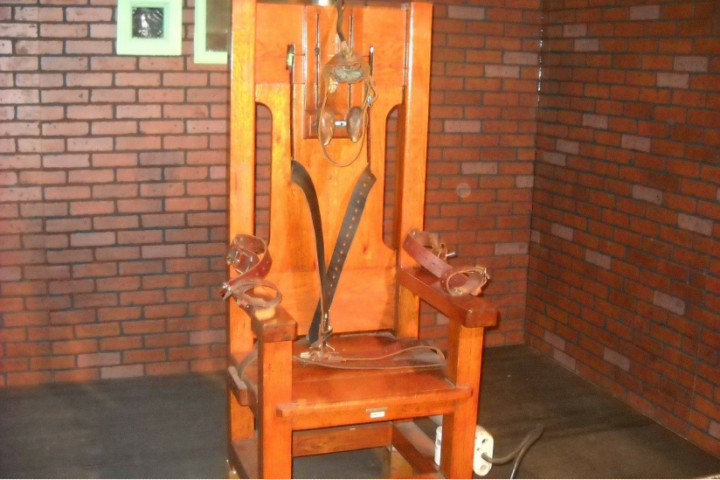The death penalty has been carried out nearly 1,400 times in the southeastern state of Virginia. More often than in any other US state. If the Senate passes a bill to abolish the death penalty this week, 400 years of the death penalty and 400 years of killing, especially non-white men, for crimes that could not even be proven to them, will come to an end. While the Democratic Party MPs have already expressed their support, not all Republican MPs have been able to rejoice over the abolition.
Bill 2263 is the name of the bill to abolish the death penalty, which was introduced to the Senate by Mike Mullin and colleagues. All attempts in recent years to abolish the death penalty or at least to suspend it for perpetrators with more than one mental illness have passed the Senate with the support of both parties, but have not received a hearing in the subcommittee. Should the current draft pass the Senate and land on the desk of abolitionist and Democratic governor Ralph Northam, he plans to sign it.
The Democratic MPs could accept the change in the law with their majority, but they hope to gain broad support from the Republican side in order not to be seen as cowards in the next election campaign for failing to take a holistic approach to crime.
In addition to different views on the abolition of the death penalty, there are also different scenarios of how it should be acted upon. For example, some MPs advocate life imprisonment with no possibility of a pardon for those who would otherwise have received the death penalty.
If Virginia were Virginia to become the 23rd state to abolish the death penalty, it would also break with a centuries-old racist tradition that not only punishes violent and murderous crimes against whites much more severely than when non-whites are the victims, but which also sends the men of the BIPoC (Blacks, Natives and other people of color) in particular on death row. From 1800 to 1920, Virginia executed 625 BIPoC and 58 white people. The current occupation of death row with less than 50% white also highlights the disparity in sentences.
In addition, innocence is proven in retrospect in around four percent of those killed. Accused were exonerated through ever better DNA and other tests – but too late. Resurrections that lead to rehabilitation with compensation are impossible.
Translation by Lulith V., from the voluntary Pressenza translation team. We are looking for volunteers!










